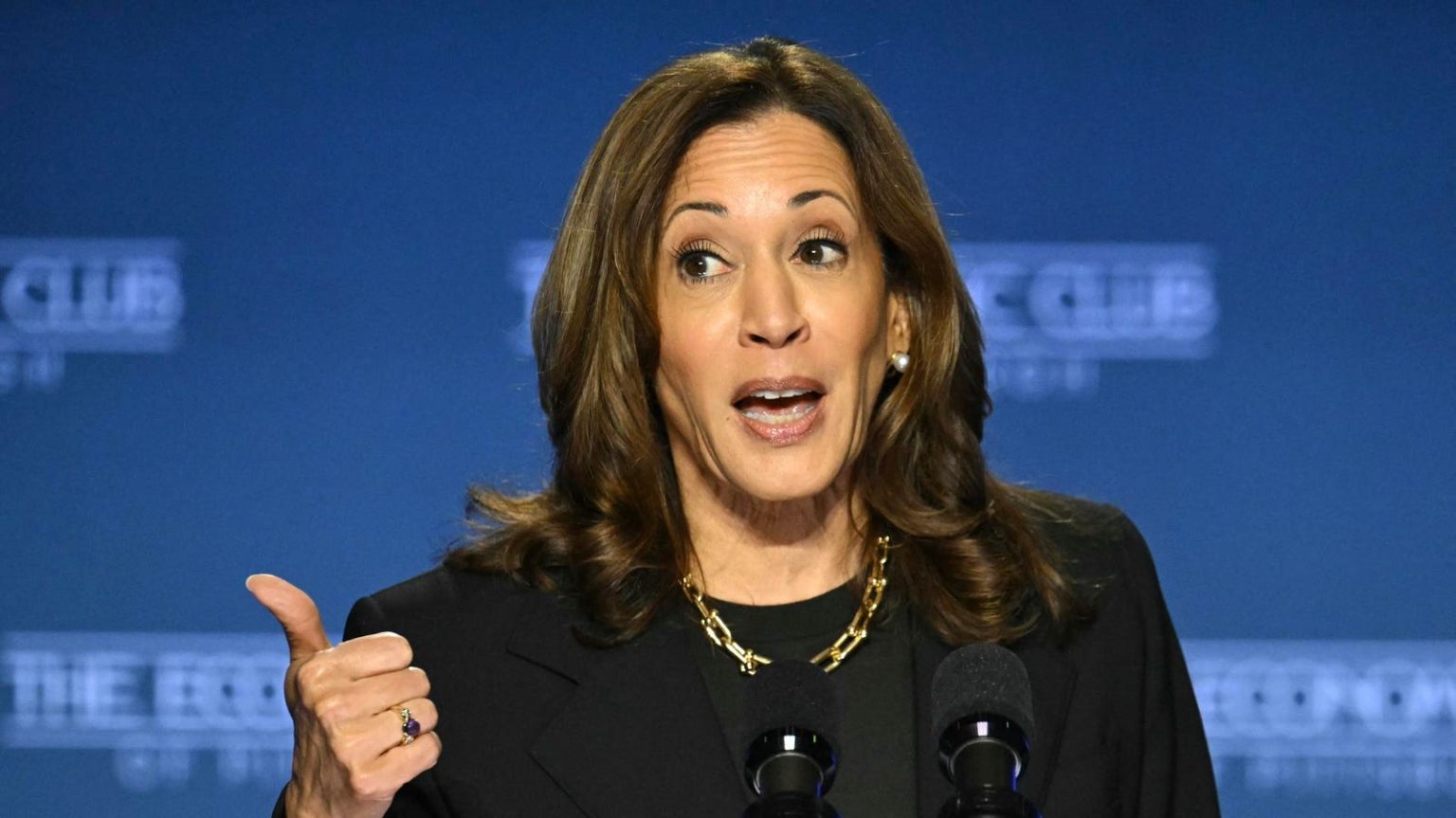In her recent speech at Carnegie Mellon University in Pittsburgh, Vice President Kamala Harris outlined her economic platform, focusing on the middle class and addressing key issues such as lowering grocery and prescription drug prices, tackling the housing crisis, and supporting small businesses. Harris proposed significant changes, including a $50,000 tax deduction for new small businesses, a national ban on price gouging for food, $25,000 in down payment assistance for first-time home buyers, and a $6,000 tax credit for newborns. She also plans to expand the Earned Income Tax Credit, not raise taxes on households earning $400,000 or less annually, and eliminate taxes on tips for hospitality workers.
Harris is also looking to cap out-of-pocket expenses on prescription drugs and speed up Medicare negotiations on drug prices, while cracking down on anti-competitive practices in the pharmaceutical industry. Additionally, she aims to cancel Americans’ medical debt and expand subsidies for Affordable Care Act plans. While she has not released a specific paid leave proposal, Harris has co-sponsored 12-week paid leave legislation and plans to work with states on this issue.
The vice president’s economic agenda aligns with President Joe Biden’s platform, with some adjustments to emphasize her priorities such as the child tax credit. Harris aims to be more aggressive than Biden on certain policy approaches, such as enabling the FTC to go after companies that hike up prices and doubling the investment in the housing crisis. While Harris has received criticism for the depth of her economic proposals, her campaign believes that a more vague approach will help attract support and ward off attacks.
In contrast to former President Donald Trump’s economic agenda, which includes raising tariffs and cutting taxes and regulations, Harris opposes raising tariffs on imported goods and endorses eliminating taxes on tips. Trump’s proposal to end taxes on Social Security benefits is met with concern over potential budget impacts on Social Security and Medicare. While Trump’s campaign has criticized Harris’s economic proposals, recent polls show an increasing trust among voters in Harris to handle the economy, narrowing the gap between her and Trump on this issue.
Harris’s focus on the economy comes as polling indicates its importance to voters in this election cycle. Following her quick rise as the presumptive Democratic presidential nominee after Biden’s withdrawal, Harris has prioritized releasing concrete policy proposals to attract support and address concerns over Biden’s handling of the economy. With inflation falling to its lowest point in more than three years in July, Harris aims to address key economic issues and present a strong platform to voters leading up to the election.


